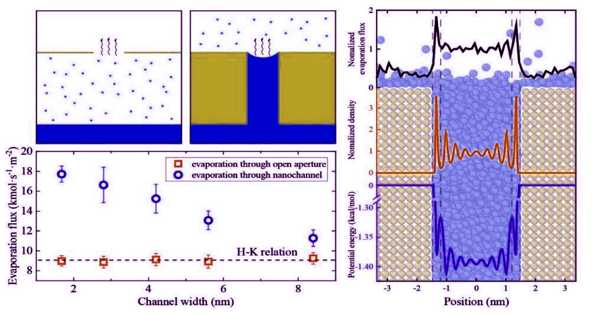Anti dumping duties are assessed generally in an amount equal to the difference between the importing country’s FOB price of the goods and (at the time of their importation) the market value of similar goods in the exporting country or other countries. See also constructed value.Anti dumping is the act of charging a lower price for the like goods in a foreign market than one charges for the same good in a domestic market for consumption in the home market of the exporter
1. What is anti dumping? What is its purpose in International Trade?
Dumping is said to occur when the goods are exported by a country to another country at a price lower than its normal value. This is an unfair trade practice which can have a distortive effect on international trade. Anti dumping is a measure to rectify the situation arising out of the dumping of goods and its trade distortive effect. Thus, the purpose of anti dumping duty is to rectify the trade distortive effect of dumping and re-establish fair trade. The use of anti dumping measure as an instrument of fair competition is permitted by the WTO. In fact, anti dumping is an instrument for ensuring fair trade and is not a measure of protection per se for the domestic industry. It provides relief to the domestic industry against the injury caused by dumping.
2. Does dumping mean cheap or low priced imports ?
Often, dumping is mistaken and simplified to mean cheap or low priced imports. However, it is a misunderstanding of the term. On the other hand, dumping, in its legal sense, means export of goods by a country to another country at a price lower than its normal value. Thus, dumping implies low priced imports only in the relative sense (relative to the normal value), and not in absolute sense.
Import of cheap products through illegal trade channels like smuggling do not fall within the purview of anti-dumping measures.
3. Is anti dumping a measure of protection for domestic industry?
Anti dumping, in common parlance, is understood as a measure of protection for domestic industry. However, anti dumping measures do not provide protection per se to the domestic industry. It only serves the purpose of providing remedy to the domestic industry against the injury caused by the unfair trade practice of dumping. In fact, anti dumping is a trade remedial measure to counteract the trade distortion caused by dumping and the consequential injury to the domestic industry. Only in this sense, it can be seen as a protective measure. It can never be regarded as a protectionist measure.
4.What is the difference between anti dumping duty and Normal Customs duty? Is the anti dumping duty over and above the Normal Customs duty chargeable on the import of an item?
Although anti dumping duty is levied and collected by the Customs Authorities, it is entirely different from the Customs duties not only in concept and substance, but also in purpose and operation. The following are the main differences between the two: –
- Conceptually, anti dumping and the like measures in their essence are linked to the notion of fair trade. The object of these duties is to guard against the situation arising out of unfair trade practices while customs duties are there as a means of raising revenue and for overall development of the economy.
- Customs duties fall in the realm of trade and fiscal policies of the Government while anti dumping and anti subsidy measures are there as trade remedial measures.
- The object of anti dumping and allied duties is to offset the injurious effect of international price discrimination while customs duties have implications for the government revenue and for overall development of the economy.
- Anti dumping duties are not necessarily in the nature of a tax measure inasmuch as the Authority is empowered to suspend these duties in case of an exporter offering a price undertaking. Thus such measures are not always in the form of duties/tax.
- Anti dumping and anti subsidy duties are levied against exporter / country in as much as they are country specific and exporter specific as against the customs duties which are general and universally applicable to all imports irrespective of the country of origin and the exporter.
















